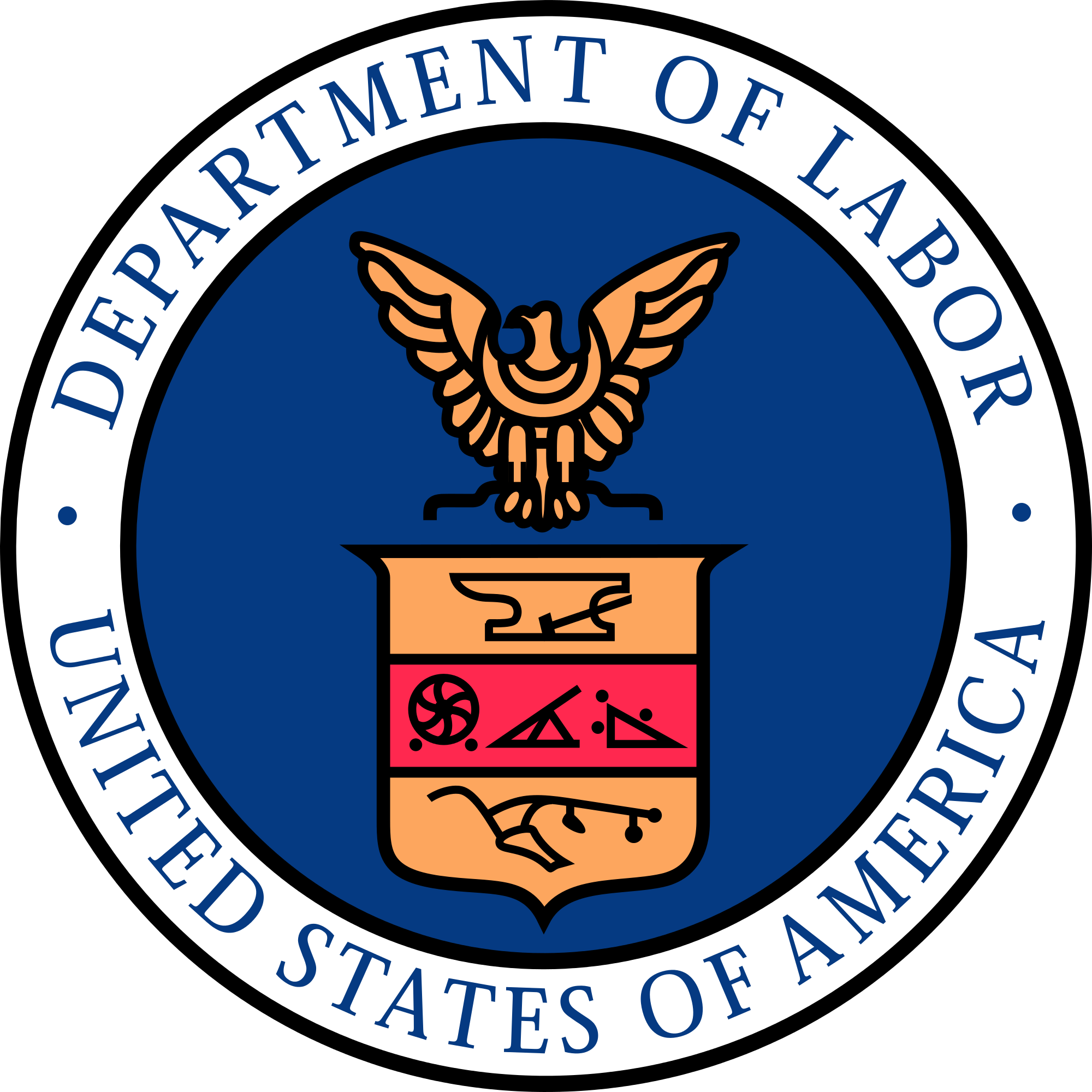
-
Membership
Become a Member
Show your committment to patient safety, legal compliance and community over competition.
-
Training
Join and Save
AmSpa members receive preferred pricing on all AmSpa live and virtual trainings.
-
Blog & News
Latest Blog Posts
View All PostsDon't Miss an Update
Get the latest news and information about safe, legal practice in medical aesthetics directly in your inbox.
-
Resources
Ready to Get Started?
Get access to med spa laws, in-person and online training and more!
- Contact Us
- Become A Member




 In May of this year, the Department of Labor (DOL) updated FLSA overtime exemption rules for white collar workers, significantly increasing the salary standard for employees to be exempt from overtime compensation. The new Rule was passed over 6 months ago, and although it was supposed to go into effect on December 1, 2016, a preliminary injunction brought by 21 states and granted by a Texas federal judge has put the brakes on the rule entirely.
In May of this year, the Department of Labor (DOL) updated FLSA overtime exemption rules for white collar workers, significantly increasing the salary standard for employees to be exempt from overtime compensation. The new Rule was passed over 6 months ago, and although it was supposed to go into effect on December 1, 2016, a preliminary injunction brought by 21 states and granted by a Texas federal judge has put the brakes on the rule entirely. 